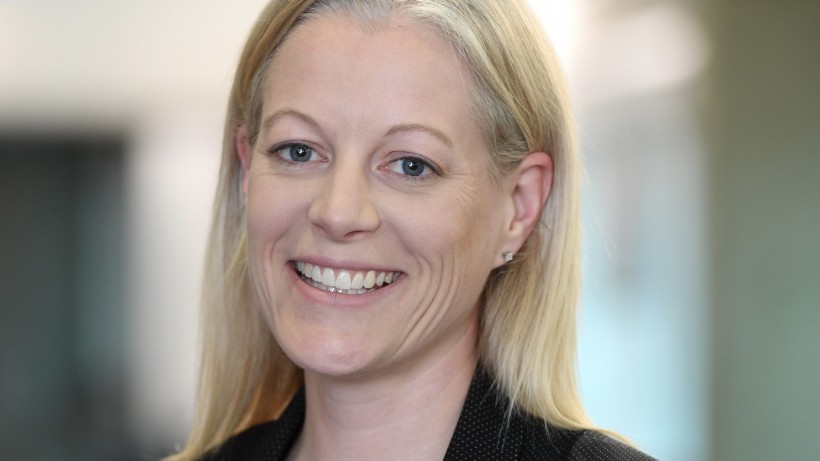Reflecting on her four years as executive director of Dalhousie University’s DeepSense hub for artificial intelligence in the blue economy as she prepares for a move to Canada’s Ocean Supercluster, Jennifer LaPlante highlights her work giving students their first taste of oceantech.
“I think I am most proud of the students that we have had working on projects and training real machine learning solutions,” she said. “We've created solid ocean AI that's fundamentally driven growth and development in companies.”
At DeepSense, LaPlante led the innovation hub in connecting private sector players in the blue economy with students from a range of universities for research and development work. There, she said in an interview Monday, she pushed for companies to build out AI not in isolation, but as part of broader data and digitization strategies.
“The other part that I'm really proud of is that we've helped organizations . . . understand that AI is not the only solution, that companies still need to become more digitally savvy,” said LaPlante. “And that throwing support and focus towards AI isn't a single solution.
“There's a whole value chain, and we need to support everything from data acquisition, to talent management and delivery, to business case understanding.”
Now, LaPlante is leaving to become chief growth and investment officer for the Ocean Supercluster. The move comes in the wake of a renewed federal mandate for the Supercluster, which has signalled that AI projects will play an important role in its new five-year term.
“The past four years at DeepSense, I've had the opportunity to speak with hundreds of organizations across Canada that are focused on the ocean, whether it's a private company, whether it's a government body, not-for-profits, academic institutions,” she said. “I think it's really prepared me to understand the opportunities, the challenges, and I think I've come at it from a side of artificial intelligence and technology.
“Those are the huge areas of growth that we have here in Canada, and I think it's just lined me up well to be in a position to take on that (Supercluster) role.”
The Supercluster, which provides matching funds for private sector R&D work, earlier this month announced it had earmarked $20 million for future AI projects. And a week earlier, it said it had inked an AI-focused collaboration and knowledge-sharing deal with Fórum Oceano, a government-backed Portuguese nonprofit that nurtures the ocean economy.
LaPlante said that in recent years a combination of Canada’s already robust maritime sector, a maturing support ecosystem for bluetech innovators and a growing focus from business leaders and policymakers on cleantech have converged to offer Canada significant competitive advantages in ocean technology.
For the country to deliver on its potential, though, the blue economy needs more skilled workers — badly. LaPlante’s focus on students at DeepSense was not simply the default strategy for an organization attached to a university, but rather a reflection of her view that the systemic labour shortage faced by the ocean economy can ultimately only be addressed by increasing the pipeline of post-secondary students in relevant disciplines.
LaPlante’s view about the talent market reflects a broad consensus among industry players interviewed by Entrevestor. And over her time at DeepSense, a promising trend emerged: students were indeed displaying a strong and increasing interest in oceantech.
“At this point we have about 300 students who signed up for a pool that we have of students to work on projects,” said LaPlante. “So that means there are 300 students across Nova Scotia and beyond that said, ‘I want to work on AI in the ocean.’
“I think it’s one of those things where if you show them use cases, show them potential, show them really neat things that they can have a tangible impact on, students are super, super engaged.”










